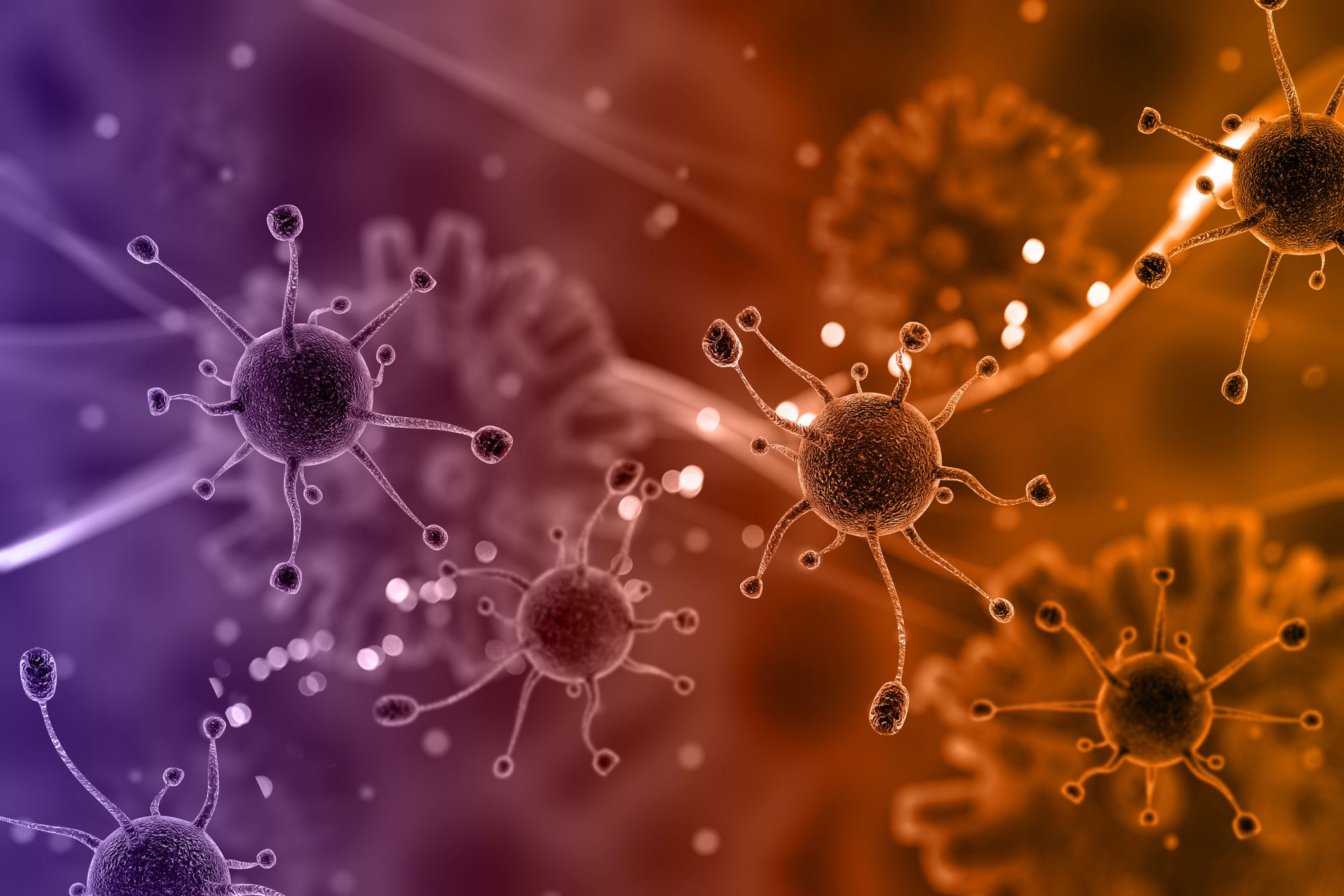NICE Impact - cancer
NICE annual review 2017-18

NICE Impact - cancer
One in 2 people will be diagnosed with cancer in their lifetime. Cancer is responsible for more than a quarter of all deaths in the UK. Survival rates are below the European average.
Both the NHS Five Year Forward View and the Cancer Taskforce strategy highlight the importance of improving cancer outcomes. Late diagnosis and variation in access to treatments are key challenges. NICE has developed a wide range of guidance and resources to help.
One of NICE’s first technology appraisals was of taxanes for treating ovarian cancer. Published in May 2000, it helped more people get access to an important treatment.

Early referrals to a specialist are important because the sooner a diagnosis is made, the greater the chances of survival for a longer period of time. In June 2015, we published an updated guideline on suspected cancer: recognition and referral.
Our impact report showed that there’s a variation in services across England – in some places people are likely to be diagnosed with cancer at stage 1, while in other areas cancers are more likely to be detected at stage 2.
Since the launch of the guideline, the annual number of people being urgently referred to specialists has increased, with over 300,000 more urgent referrals in 2016–17 than in 2014–15. In fact, more people with cancer reported being referred to a specialist without having to visit their GP 3 or more times.
For more detail, see our impact report on cancer.

